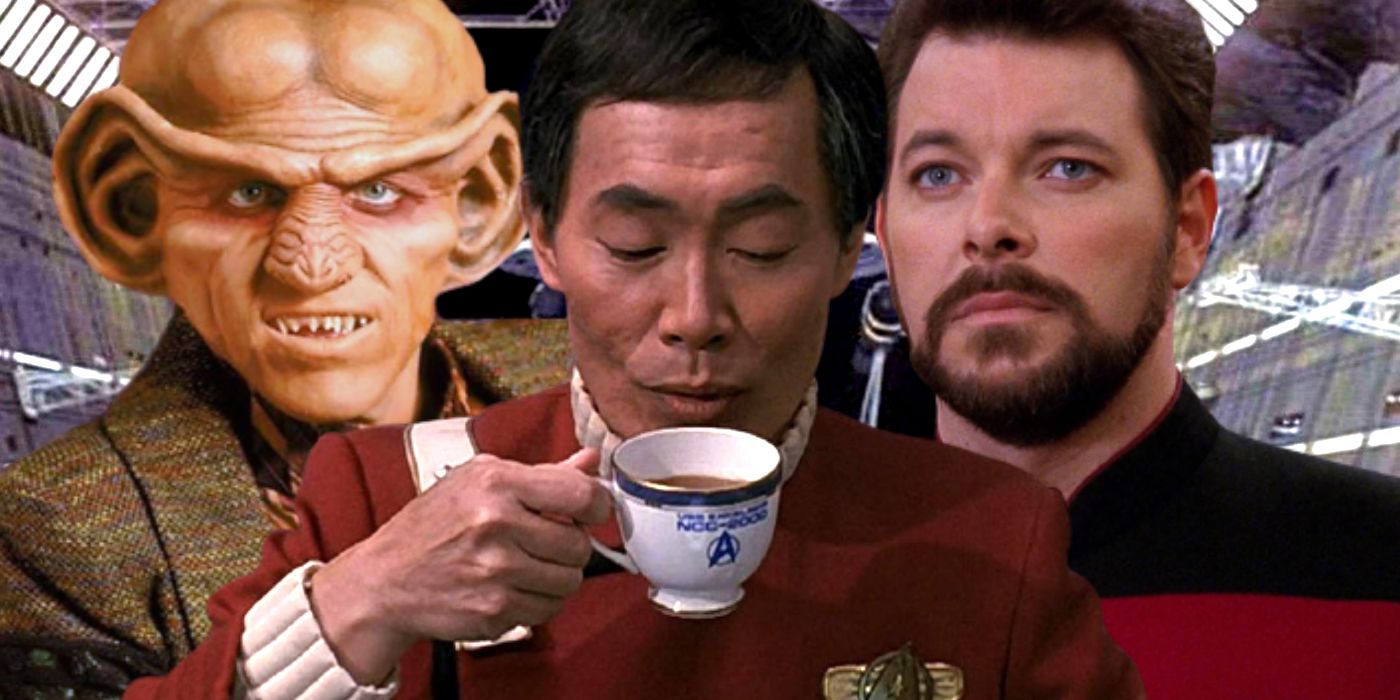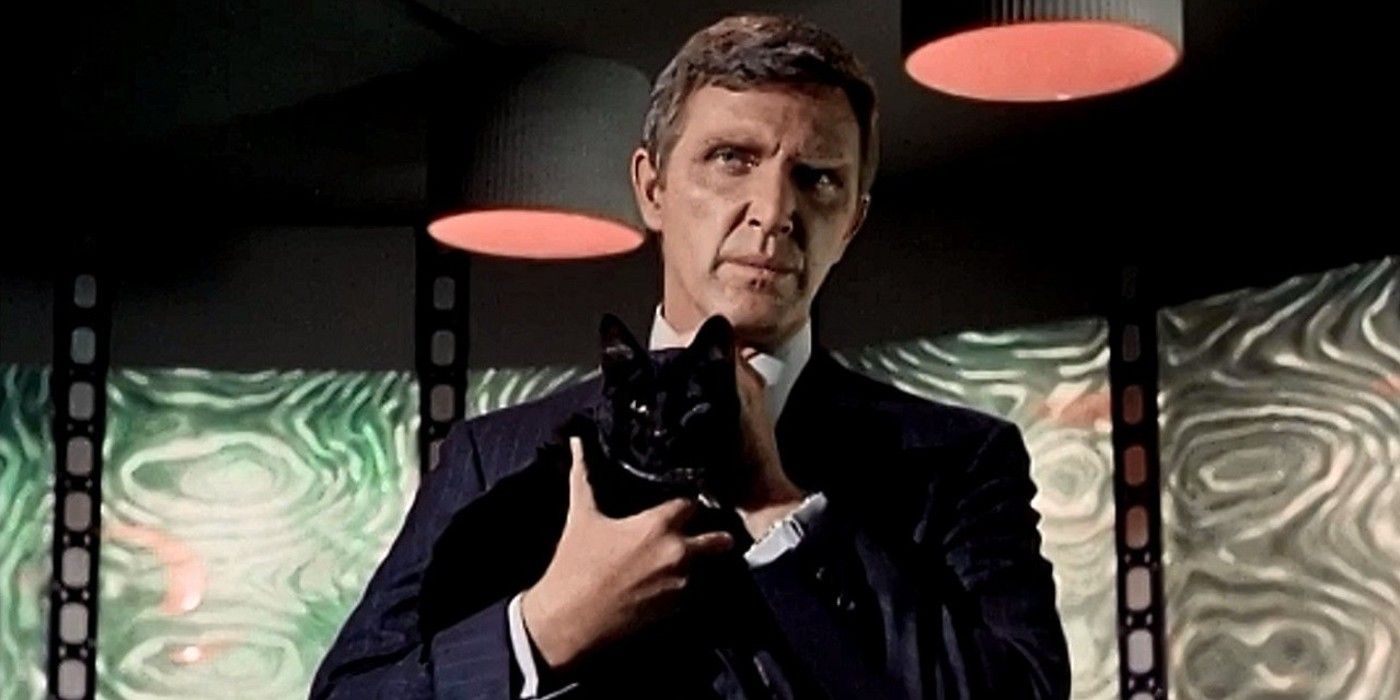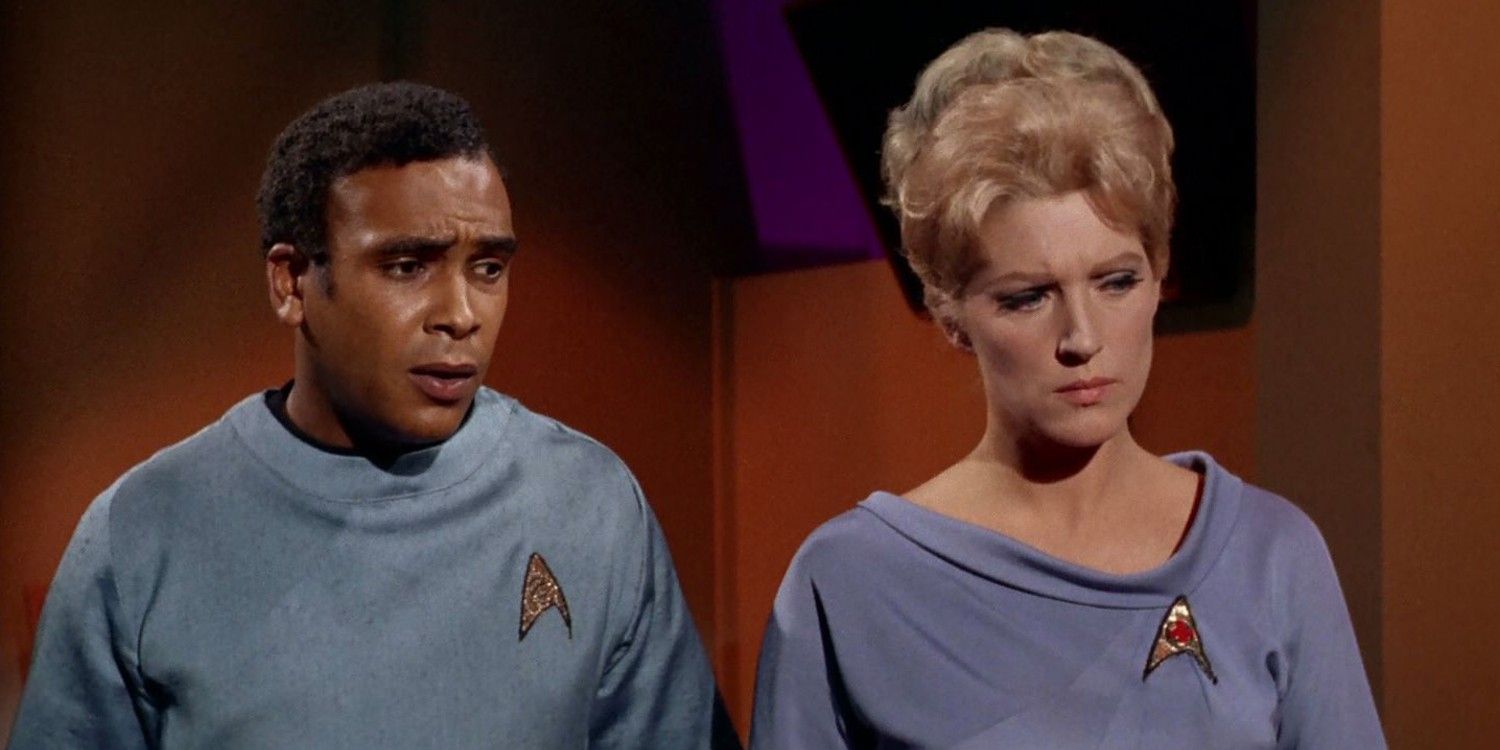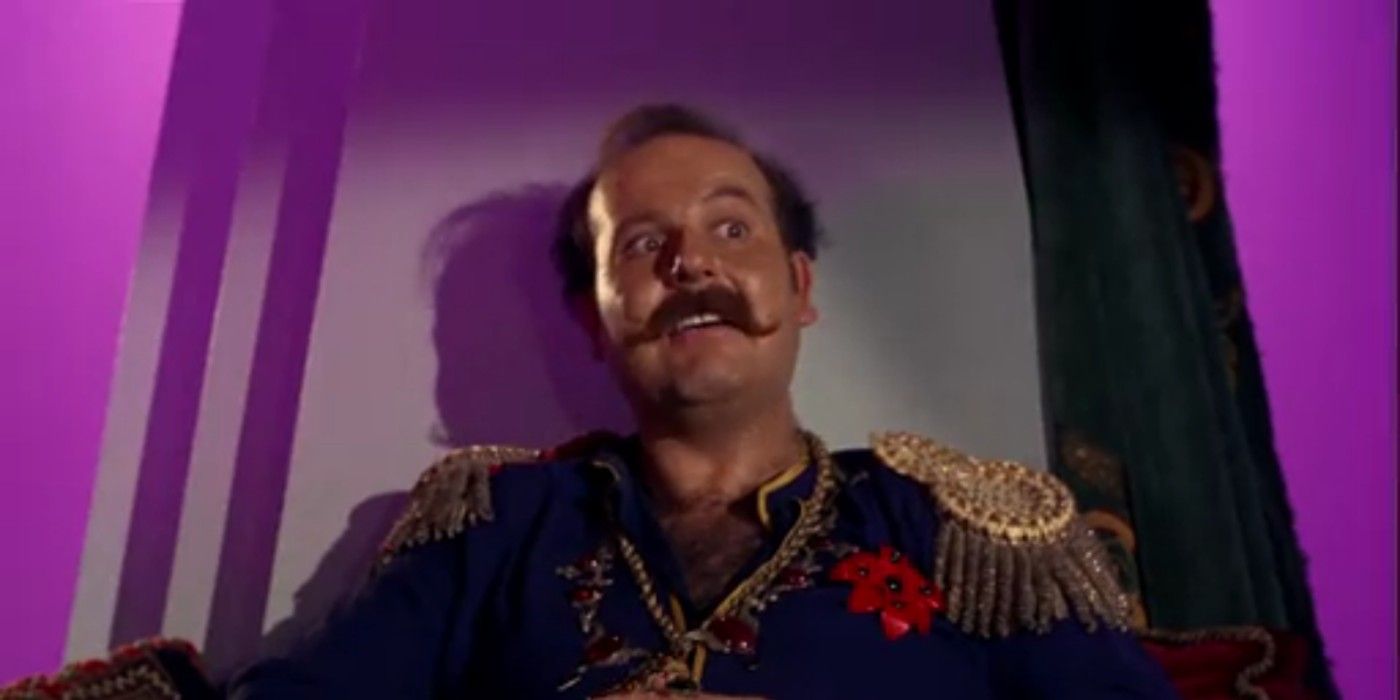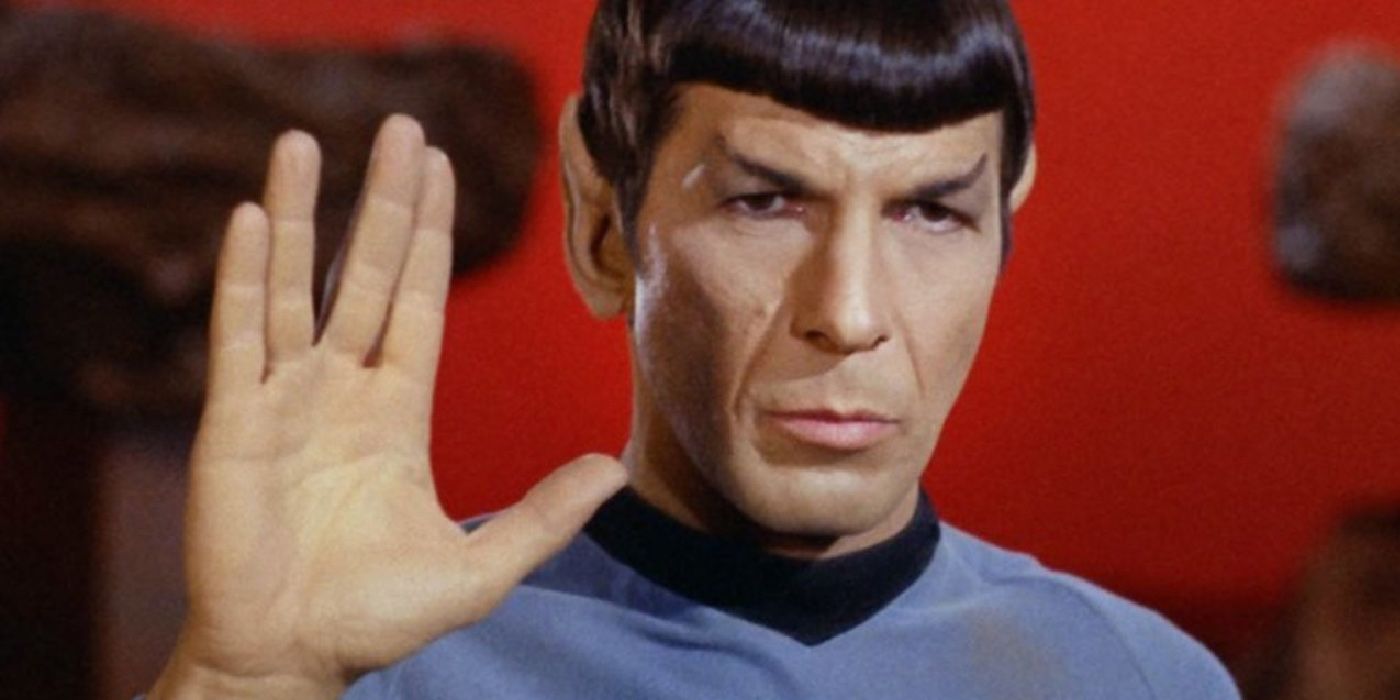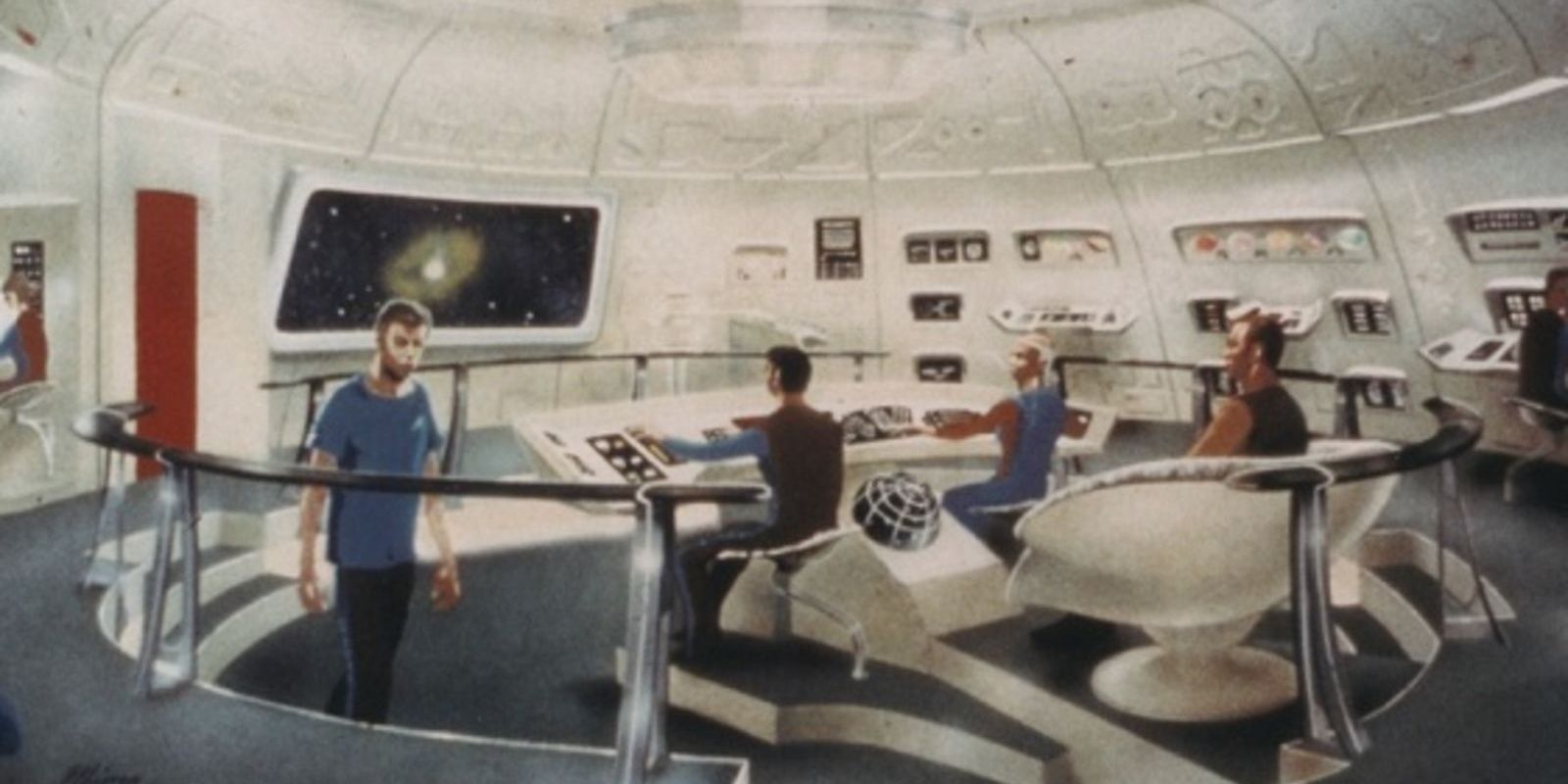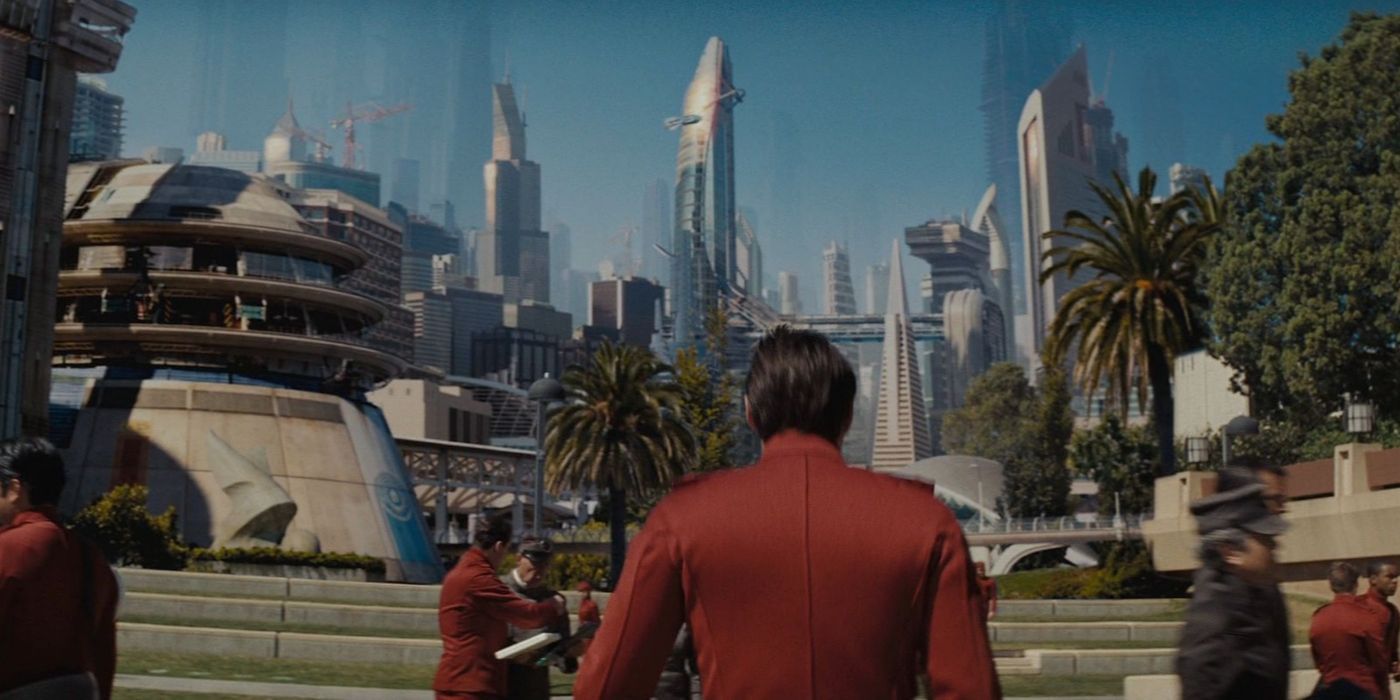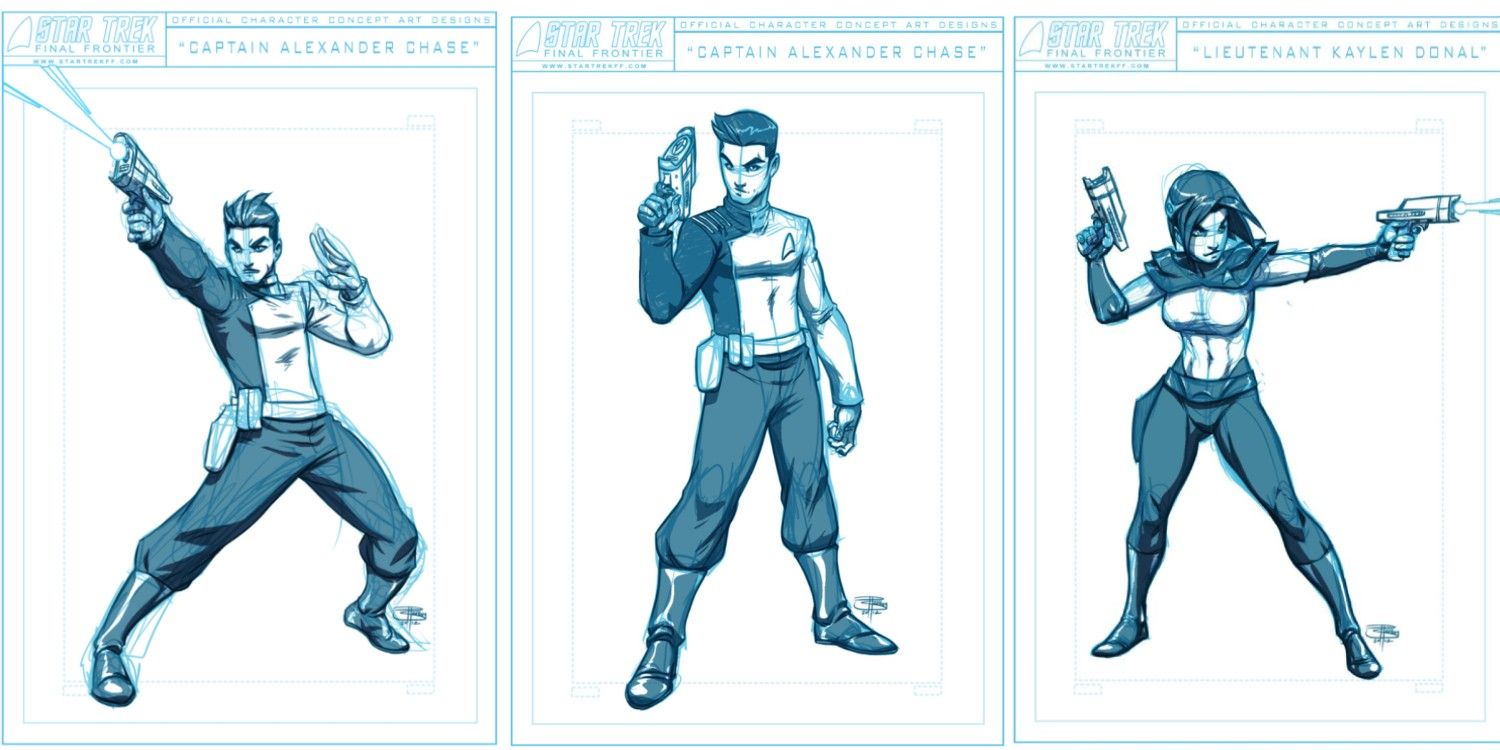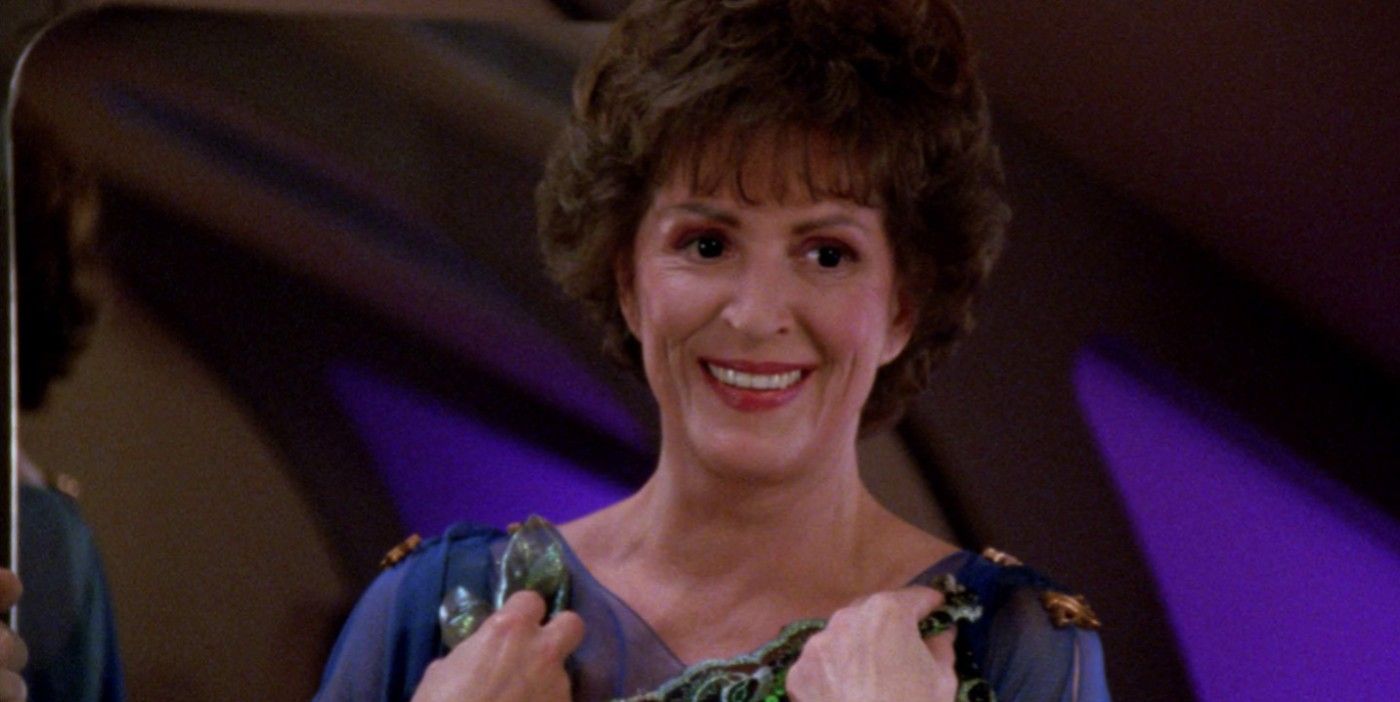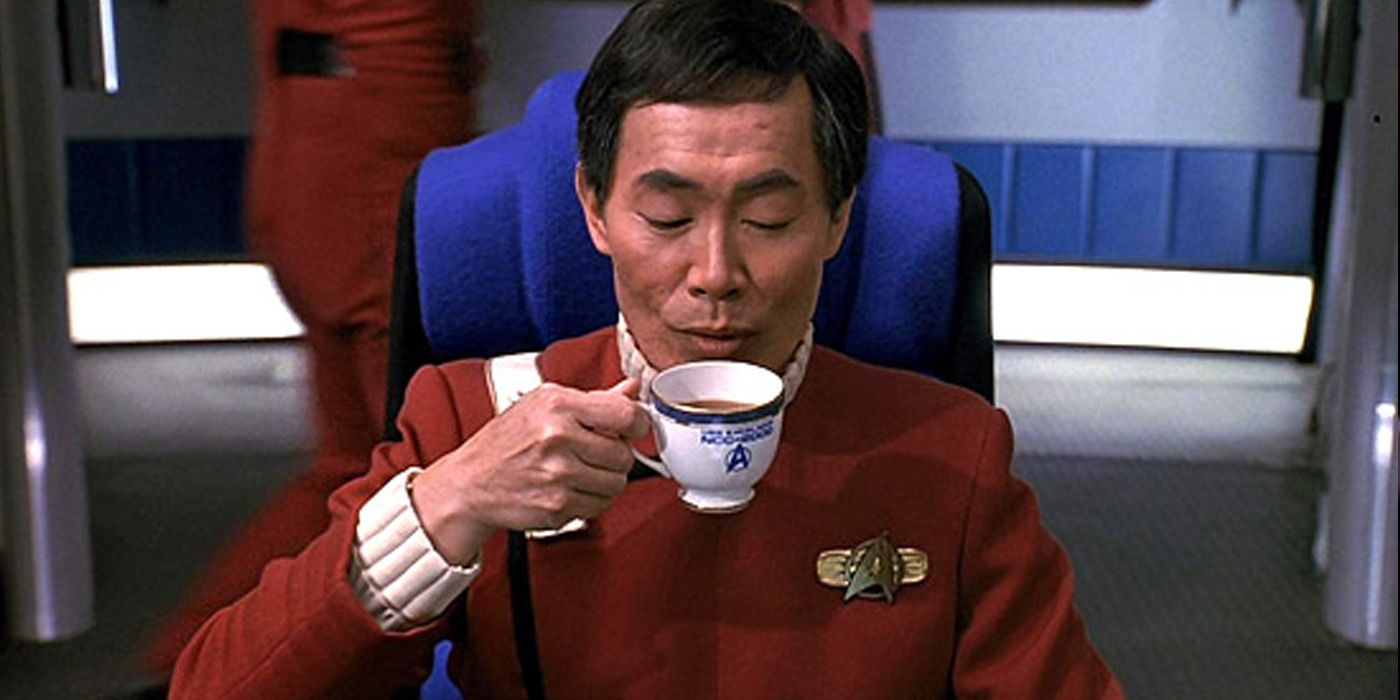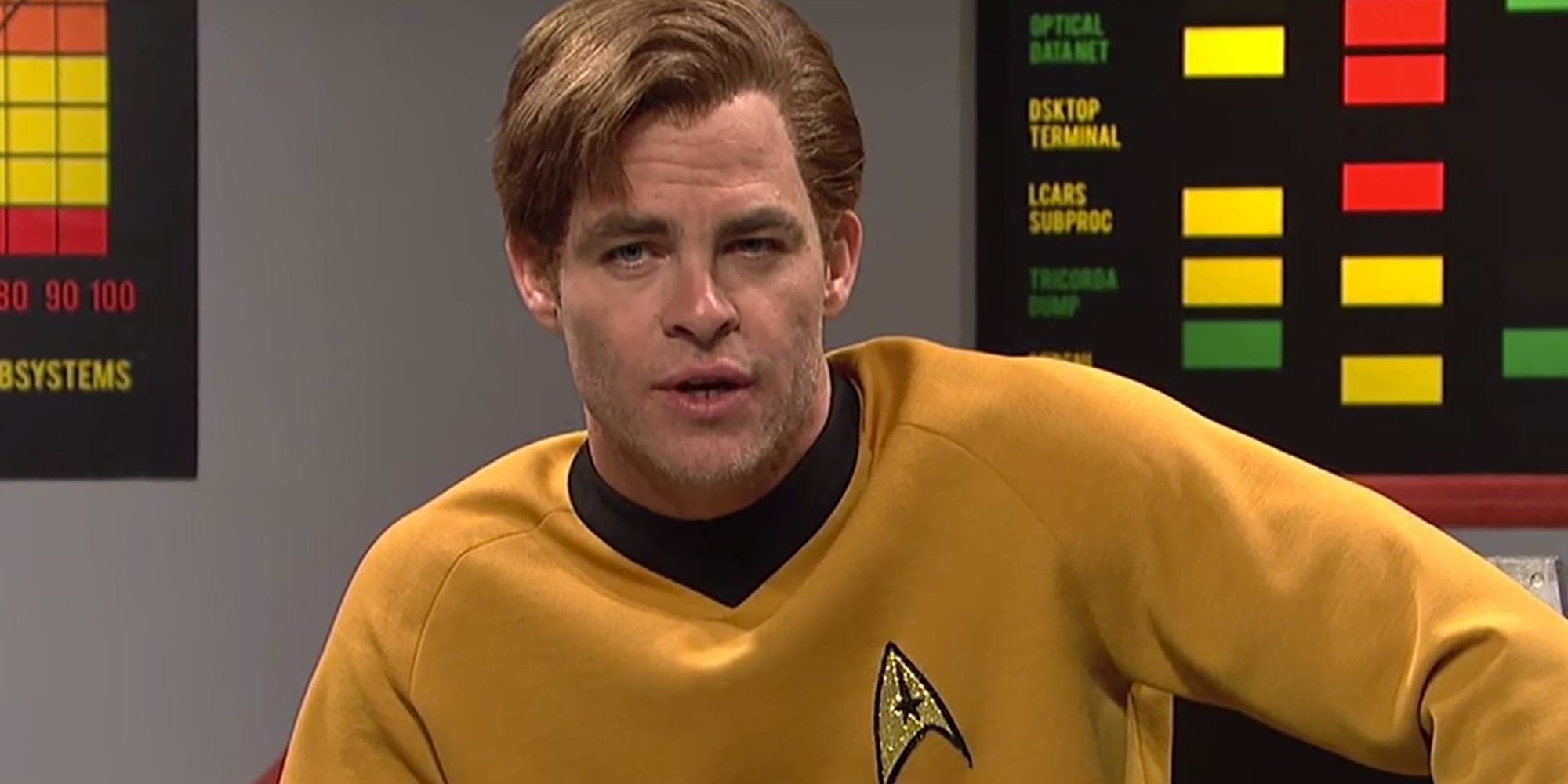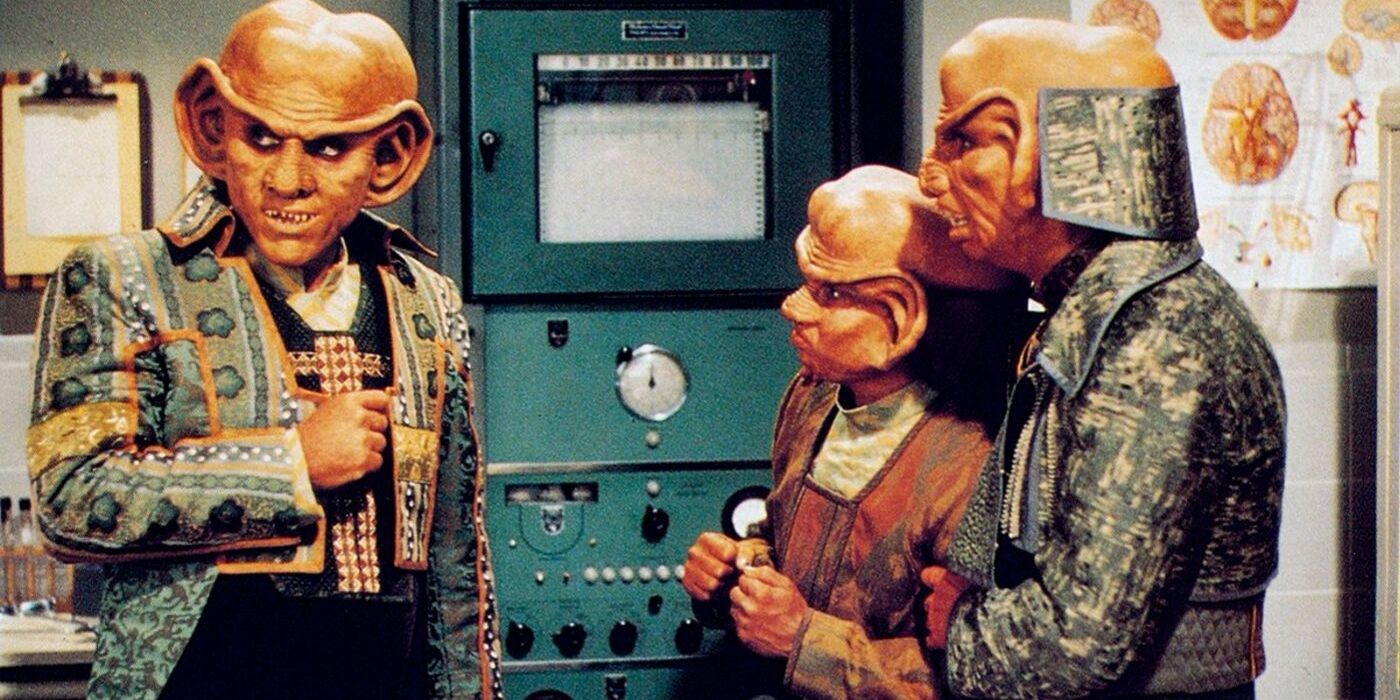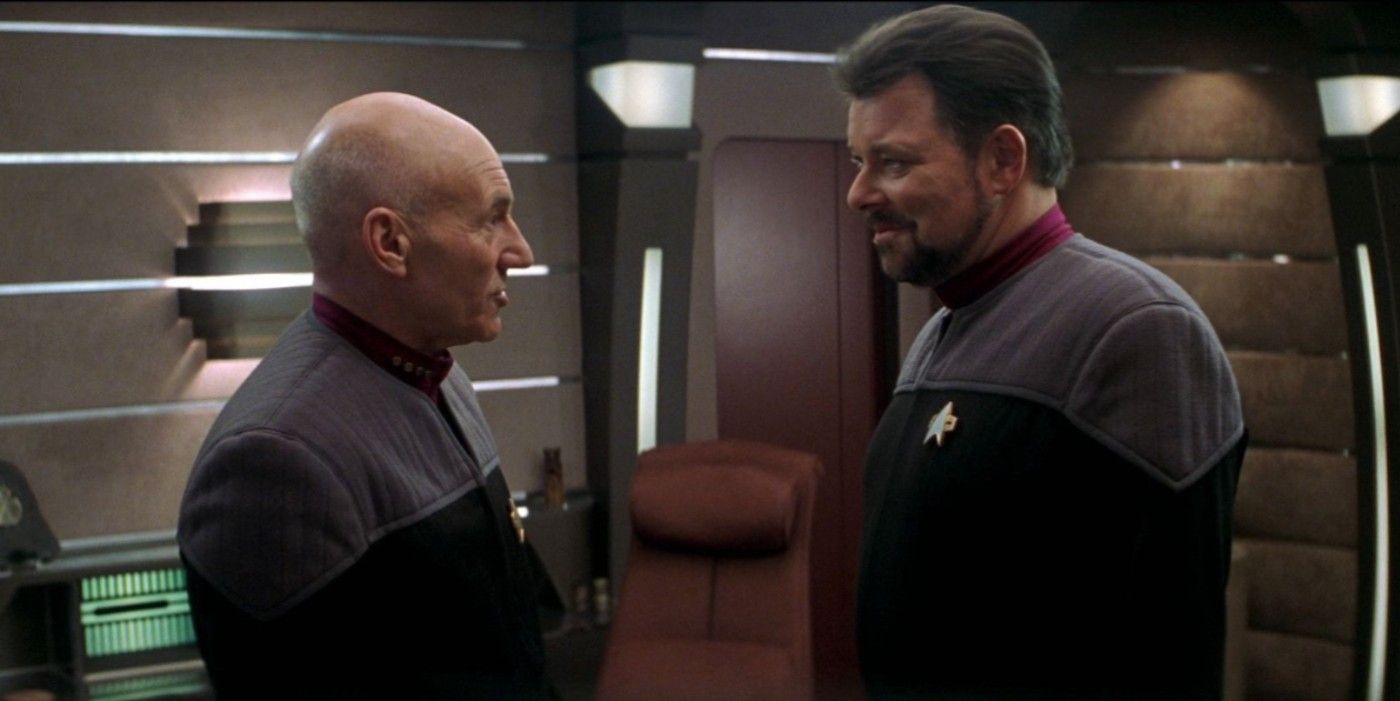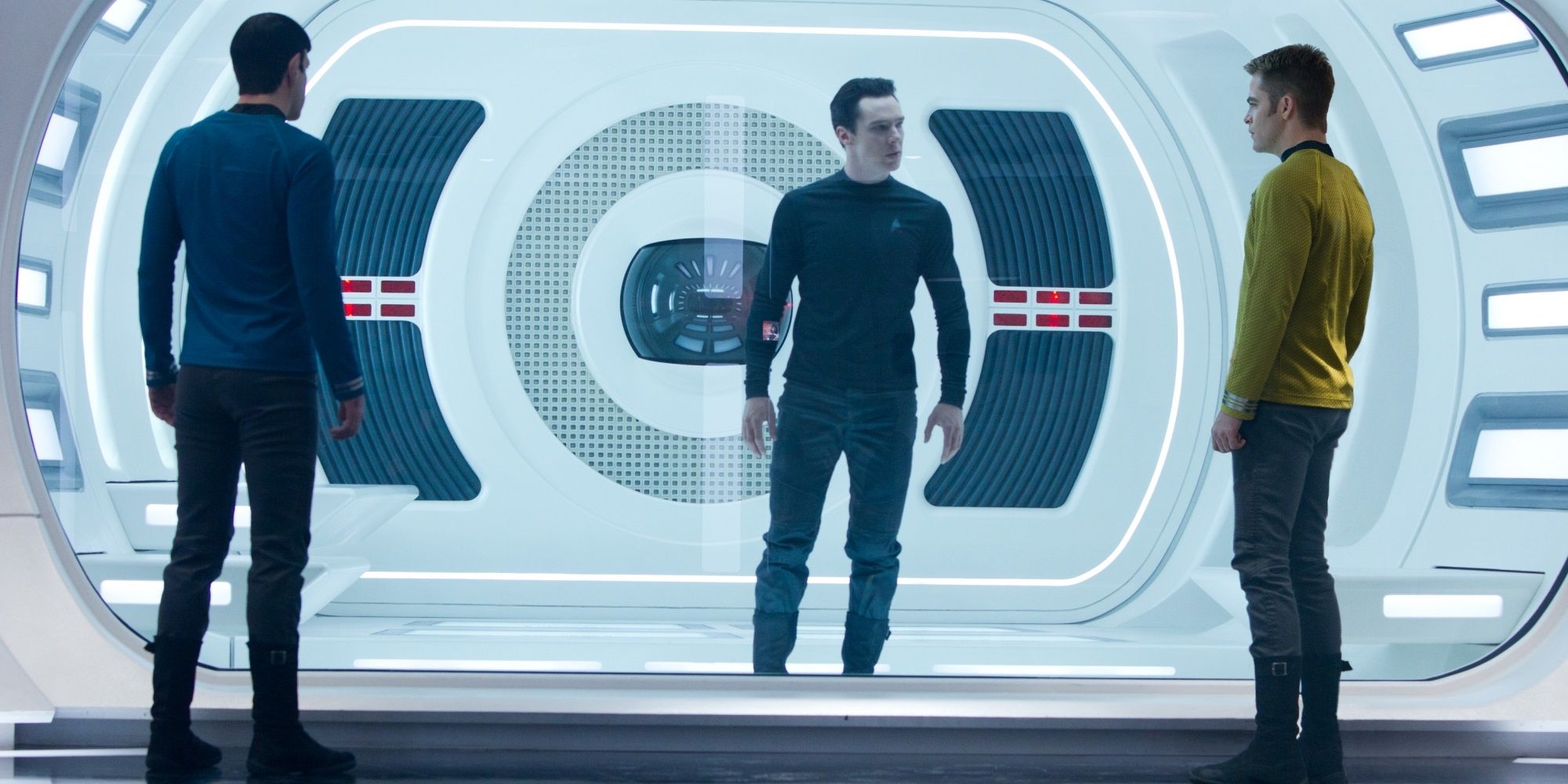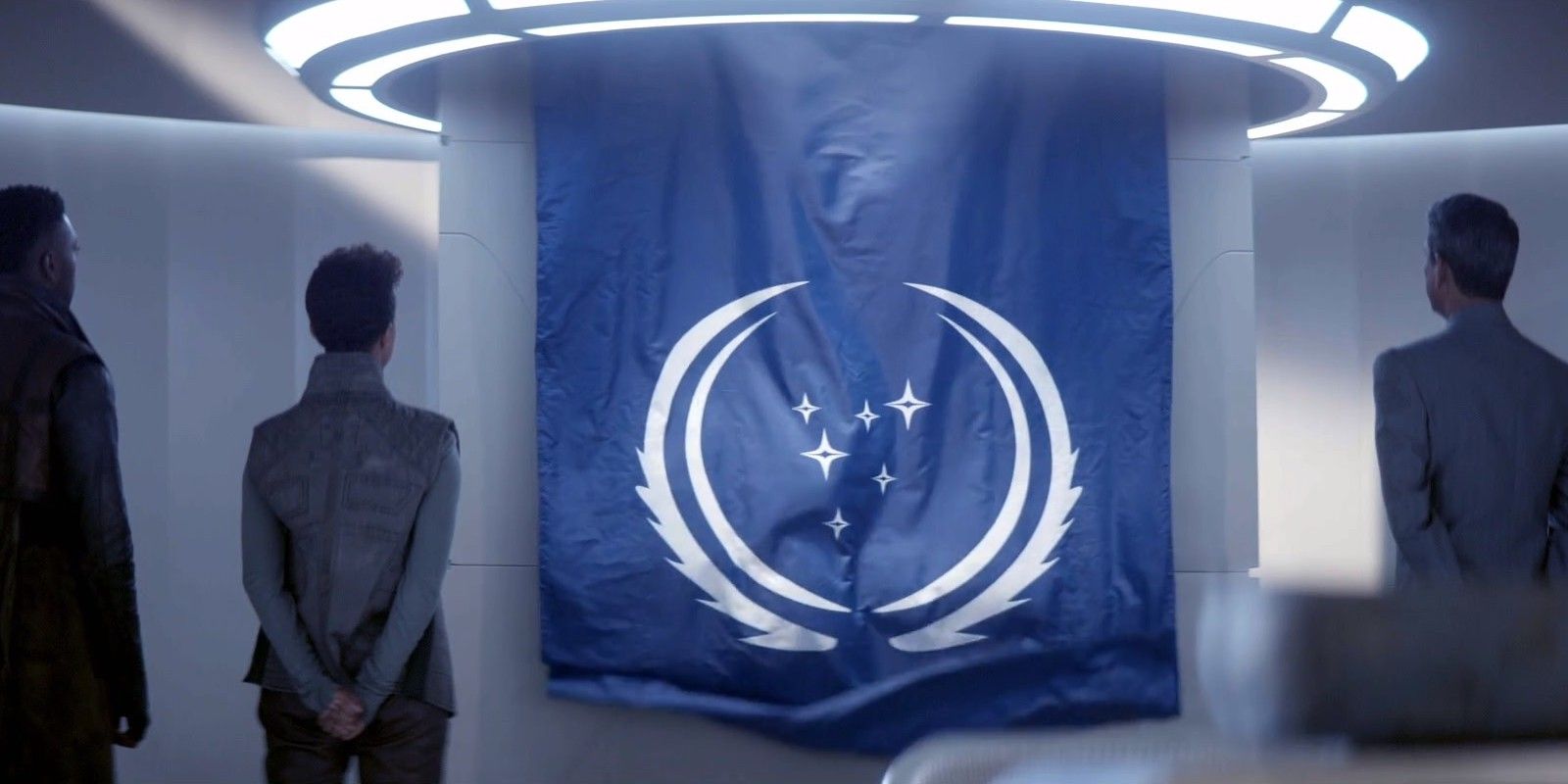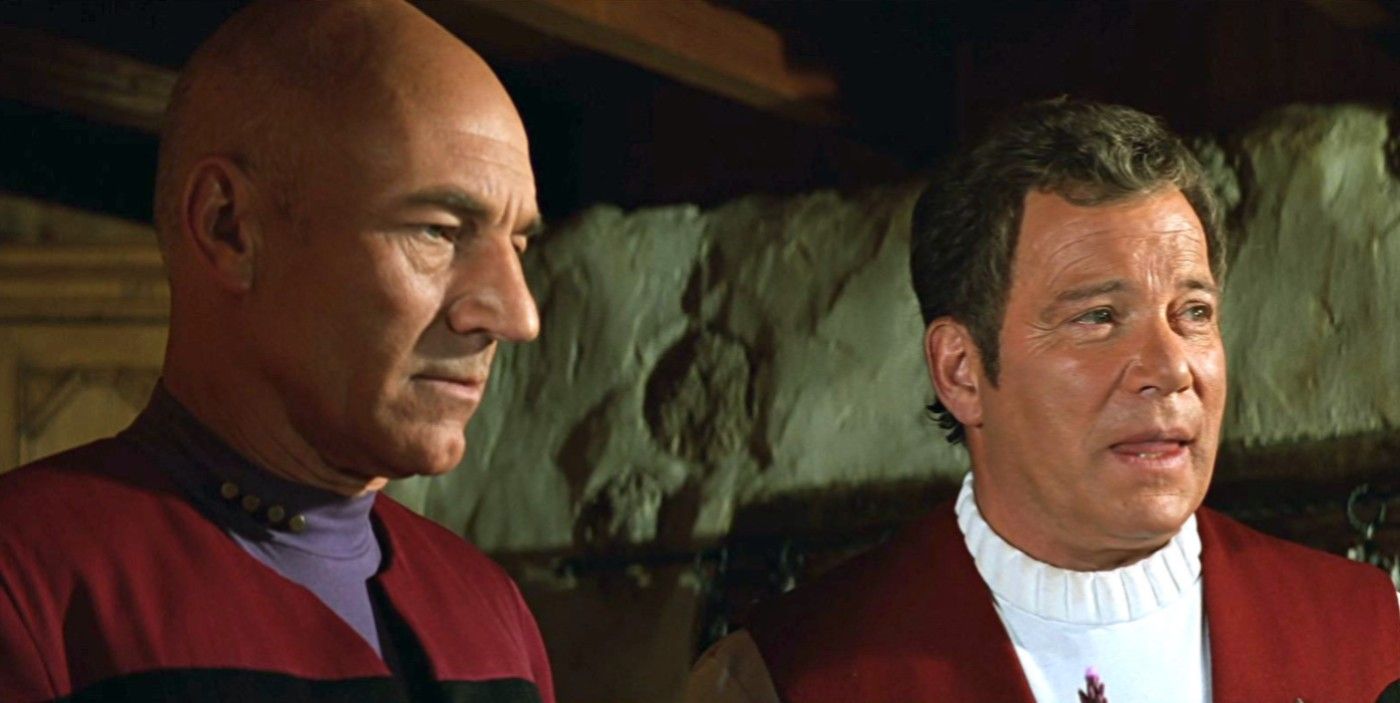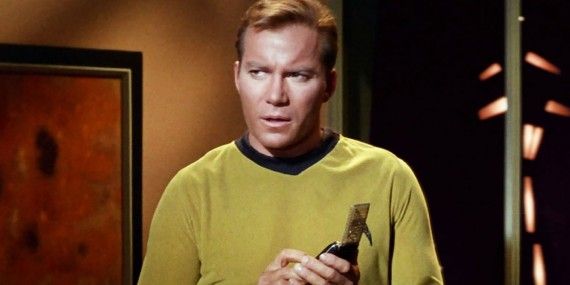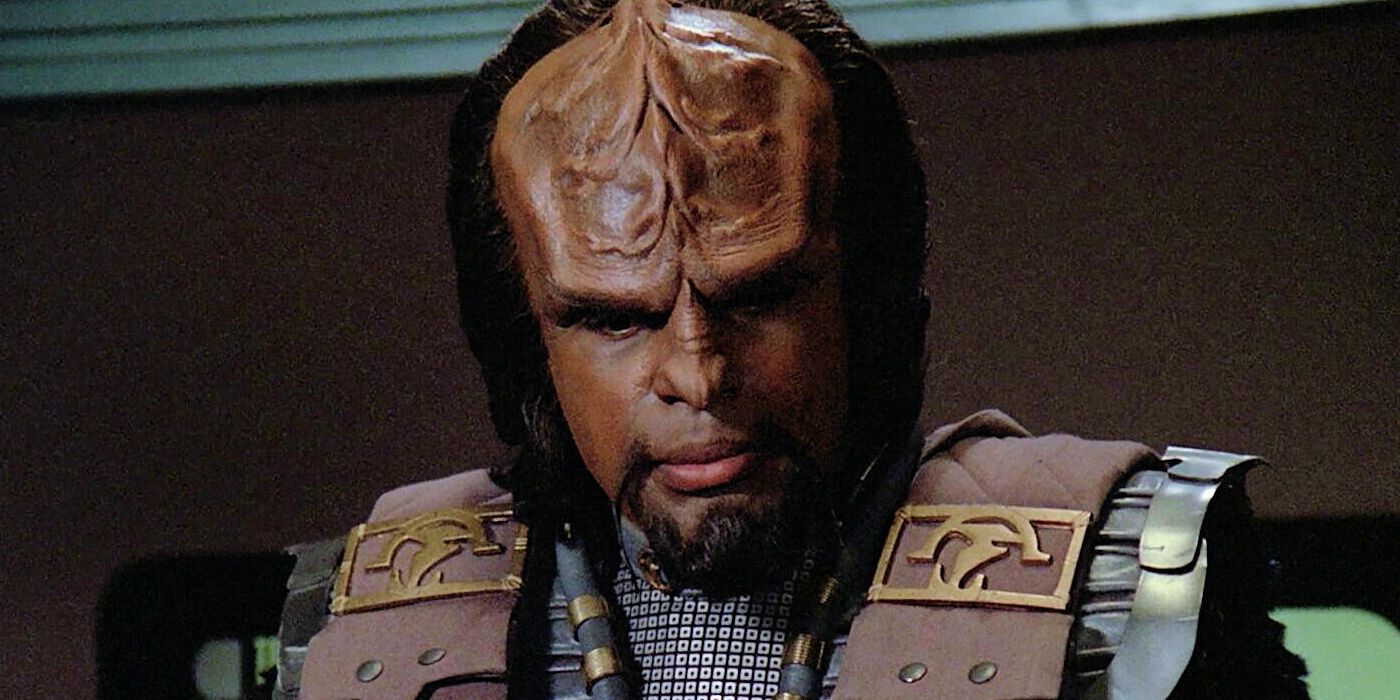Over its decades of history, Star Trek has expanded into an ever-growing franchise with 10 TV series and counting, but there were also many failed TV shows that never got off the ground. Because of its expansive worldbuilding that has now reached across a thousand years of humanity's future and deep into space, the franchise always has eminent potential to branch off in different directions to follow new stories. Even in its rocky beginnings, Star Trek created a universe fans, writers, and television executives have always wanted to return to. Star Trek: The Original Series paved a path for multiple sequels and prequels that succeeded and thrived despite TOS being unceremoniously cancelled after season 3, but those successful shows were only a fraction of the potential spinoffs proposed throughout the years.
Since the 1960s, Star Trek has almost blossomed numerous TV series that never made it to air. Gene Roddenberry and his fellow creators were proposing spinoffs even before The Original Series came to its end, and sci-fi writers have never stopped finding new angles of Star Trek's world that they want to explore. However, not every TV idea was destined for greatness, and Star Trek's failed shows outnumber the ones that made it to a premiere. The history of the franchise is littered with castoff Star Trek movies and TV shows that fans never got a chance to see.
Star Trek's popularity has waxed and waned in over fifty years, and so have the risks networks were willing to take on another foray into the adventures of Starfleet. Yet more ideas withered away from shifting relationships between creators, networks, and television executives. Occasionally, even the success of another Star Trek project would quash the hopes of a spinoff. But whenever Star Trek was off the air, there was usually someone proposing a show to bring it back. There have been a few lulls in the success of its TV shows, such as the one following the cancellation of Star Trek: Enterprise, and those lulls were filled with unsuccessful ideas.
After the revival of Star Trek's TV success with Star Trek: Discovery and Star Trek: Picard, the franchise has had no problem setting up spinoffs to flourish. TV shows are emerging at a rate never seen before, sometimes diving into the very specific areas of Star Trek that failed spinoffs almost did. Fans will finally get to see previously unexplored aspects of the Star Trek universe, but those ideas have not always been able to prosper. In a different time, series like Pike's years on the Enterprise in Strange New Worlds and Emperor Georgiou's Section 31 spinoff would have been a wild dream. Those new series carry on the legacy of the many failed TV shows along the way.
Assignment: Earth
Star Trek's failed spinoffs began in the season 2 finale of The Original Series, "Assignment: Earth," which was intended to be a backdoor pilot for a new show. The episode centered on the Enterprise traveling back in time to the 20th century and meeting Gary Seven, a genetically engineered human sent from an advanced alien planet to help humanity and keep Earth’s history on track. The spinoff would have featured Seven, his shapeshifting cat companion Isis, and secretary Roberta Lincoln fighting the evil time-traveling Omegan aliens.
Assignment: Earth was intended to be the future of Star Trek as The Original Series faced threats of cancellation, but the show didn't sell to the network while TOS was renewed for a third season. The spinoff would have looked very different from the Star Trek shows that followed, but the plotline would fit in remarkably well with the Temporal Wars introduced in Enterprise, as Seven could now easily be explained as a time agent. Despite this loophole, Gary Seven and his alien benefactors have never returned to the screen.
Hopeship
Hopeship was another idea to come out of Star Trek's uncertain future during TOS season 2. Gene Roddenberry and writer Darlene Hartman planned a spinoff about a Federation hospital ship, the USS Hope, in an attempt to extend the life of the franchise if the network wanted no more of Kirk and Spock. Doctor M'Benga, the Enterprise medical officer who occasionally stepped in for McCoy, was intended to be in the regular cast on Hopeship. However, the idea was scrapped before it even went into development, and The Original Series survived a season longer.
A series about Federation medical staff would have been an interesting area of exploration. Starfleet has the best doctors on the cutting edge of the medical field, but they usually operate in the background, coming up with a miraculous solution to save the crew's life at the eleventh hour. Hopeship would have given fans a closer look at how medicine would operate in the future, especially featuring Doctor M'Benga and his expertise with alien medicine from studying on Vulcan, but ultimately it was too early for Star Trek to dive into a show with such a narrow focus.
Harry Mudd
Harry Mudd, the fan favorite con artist introduced in Star Trek: The Original Series, was Starfleet's problem who would never quite go away. Although Mudd eventually returned on Discovery to cause more chaos, he would have continued his hijinks much sooner in a spinoff that never panned out. Roddenberry told Roger C. Carmel, Mudd's original actor, that NBC wanted to create a series based on the con man's surprise popularity, but the artists didn't have the time to develop it.
Mudd's foray into the criminal side of the future would have been rich with material, as the network wanted to focus on his adventures as a space pirate and intergalactic con man. Discovery used Mudd as a recurring plot device to throw the Starfleet officers off their rhythm, even once capturing them in a time loop, showing Harry Mudd always had story potential. Because of Roddenberry's commitment to The Original Series, that potential died in development for decades.
Spock and the Vulcans
Even after The Original Series was cancelled, Paramount still wanted more Star Trek, proposing a spinoff about Spock living on Vulcan. Spock's popularity among The Original Series characters made him the obvious choice to continue the brand, especially since the Vulcans were one of the few alien species TOS deeply explored. Paramount asked Gene Roddenberry to produce the series, but he turned it down. Spock and the Vulcans ended up getting plenty of development in later series, even into the Vulcans' 32nd century future, so the franchise never really needed the Spock-centric series when Spock and his species would be interwoven into the Federation's future so well later on.
Star Trek: Phase II
Before The Next Generation, Star Trek: Phase II was meant to be the revival of Star Trek on TV in 1977. Noticing the growing fandom around TOS, Paramount executives decided it was time to put Star Trek back on air with a second five-year mission, and the revival show would serve as the flagship of Paramount's new television network. Most of the cast agreed to return, with the exception of Leonard Nimoy as Spock. Spock was replaced by Xon, a full-blooded Vulcan officer, and the show also added navigator Ilia from an advanced species that had just joined the Federation and first officer Will Decker.
Phase II was already in pre-production and scheduled to start filming when problems arose. The Paramount network deal fell through, and every other project intended for it was cancelled. Star Trek's new show was the furthest in development, so executives allowed production of the pilot to continue in hopes of making up the costs that already went toward it, but it was scaled down to a single TV film. However, after Star Wars' enormous success, studio executives decided to turn Star Trek’s TV movie into a theatrical film instead. This film became Star Trek: The Motion Picture, which was also the culmination of other failed Star Trek movies. Several ideas from the show were later repurposed for The Next Generation, such as Will Decker serving as the blueprint for Will Riker, but Phase II itself wasn't meant to be.
Starfleet Academy
It took a while for The Next Generation to coalesce as Star Trek's TV successor, so there were many ideas writers were batting around about how to continue the franchise. The main idea that took shape before TNG was a ship run by Starfleet Academy cadets. The academy ship was run by a Vulcan captain surrounded by Starfleet hopefuls still getting their space legs. Sam and Greg Strangis proposed the series to Paramount executives, who showed interest and shared the proposal with Gene Roddenberry. Roddenberry sent back several pages of largely negative notes, and the idea seemed to die at Paramount after that. Although a Starfleet Academy show may still happen in the near future, the 1980s version disappeared into the trove of forgotten Star Trek proposals.
Star Trek: Final Frontier
In 2006, Star Trek almost continued as an animated web series, Final Frontier. The show was set following the events of Star Trek: Nemesis, further into the future than any show until the recent seasons of Picard and Discovery. The Enterprise, headed by Captain Alexander Chase, would be navigating a dark future where a Federation-Romulan war broke out around 2460. Wartime detonations of Omega particles made parts of space impassable, the Vulcans left the Federation, Andoria was destroyed, and the Klingon homeworld was taken over by Romulans.
CBS expressed interested and ordered the development of artwork and episode scripts, but following the release of the 2009 Star Trek film, the show was taken out of development. The films instead explored a different dark future between the Federation and the Romulans. The idea of a Federation torn apart by this war was abandoned, though Discovery ended up exploring many similar themes in the 32nd century, this time attributed to the Burn instead of a Romulan war.
A Lwaxana Troi Sitcom
When the Sci-Fi channel was first in development in 1991, Gene Roddenberry proposed an interesting and off-the-wall cable project: a sitcom about beloved space mom Lwaxana Troi. The idea was in consideration, but then Roddenberry passed away the same year and the creation of the channel was also delayed, which put a stop to the plans for Lwaxana's show. The sitcom idea likely came from Majel Barrett, prolific Star Trek actress and Roddenberry's real-life wife. She had previously expressed interest in appearing weekly on a show as Lwaxana, but Roddenberry's death would have cast a shadow over the entire project had it gone ahead. Instead, Lwaxana Troi came back into the picture to cause more trouble on Deep Space Nine.
Star Trek: The Lions of the Night
Captain Sulu made brief appearances in the Star Trek universe, but one show proposal would have followed a ship with Sulu in command. The CGI animated series The Lions of the Night had Sulu captaining the Enterprise-B to stop an invasion of the Kzinti, the feline humanoid species who appeared only in The Animated Series. The series never got past the concept stage, as it unfortunately coincided with the wavering popularity of Star Trek: Enterprise. Captain Sulu did appear afterward on an episode of Voyager that proved how well the spinoff could have worked with his magnetic character finally in the foreground. Sulu deserved better, but he never got a chance at the helm of his own series.
Star Trek: Re-Boot the Universe
Before Star Trek got its film reboot, the creators of Babylon 5 and Dark Skies teamed up to make a treatment for a five-year television reboot featuring The Original Series characters. It would have followed Kirk, Spock, and McCoy at younger ages, though not as young as their Starfleet Academy counterparts in the film reboot, focusing on how they first formed their bonds of friendship. Paramount didn’t consider the proposal, as they had already decided on the J.J. Abrams film reboot. This series would have accomplished the same creation of an alternate universe that started Kirk’s adventures from the beginning with a clean slate. While the current Star Trek series avoid Kirk completely, this time in the franchise was perhaps too enamored with Kirk when the story needed to move on. It’s doubtful this series would have been successful without a fresher angle to explore.
A Ferengi Animated Series
Star Trek: Deep Space Nine actor Armin Shimerman tried his hand at creating an animated spinoff centering on the Ferengi Quark and Rom as teenagers. Shimerman and his co-creator got far enough to pitch the idea to MTV, but ultimately the MTV decision-makers didn’t want to develop a space cartoon series for their network. An entirely Ferengi-focused series would have taken on a more whimsical tone than any Star Trek series had when it was proposed in 2001, but now the current animated series Lower Decks has taken on the mantle of shenanigans like those teenage Quark and Rom would have gotten away with, so there’s still hope for the future of chaotic animated adventures with fan favorites.
A Riker Spinoff
Jonathan Frakes proposed his own Riker-related spinoff to Paramount, as he was interested in exploring “the Titan or the Rikers in Space.” Paramount turned him down, saying they didn’t want to create franchise fatigue. They had previously rejected ideas from William Shatner and Bryan Singer for the same reason. Frakes agreed with their assessment, but remained interested in following Riker’s future. Riker has returned to new shows, both as captain of the Titan on Lower Decks and in his retirement on Picard. Given that he has built as much of a reputation behind Star Trek’s cameras as in front of them, a Frakes-led series surely would have been a fine quality show. Fans remain interest in Riker’s return, so the door may not be shut forever on a Riker spinoff.
A Kelvin Timeline Animated Series
Following the success of the first reboot film, the film’s writers, Roberto Orci and Alex Kurtzman, proposed an animated series that would take place in the newly created Kelvin timeline. They intended the show to be similar to the Transformers: Prime series they had previously developed. CBS didn’t pick up the idea, as the success of a single film didn’t strongly indicate whether a TV spinoff was viable. Picard and Discovery have explored the Kelvin timeline as canon, but the alternate reality of the movies has not yet appeared on TV. While a show would allow exploration of the Kelvin timeline outside of the narrow focus of the Enterprise, the diminishing returns on the reboot movies make a full alternate reality spinoff unlikely.
Star Trek: Federation
Before Star Trek: Discovery season 3 took Starfleet into the far future, the stalled-in-development series Star Trek: Federation was set to take the franchise to the year 3000. In this dark future, the Federation is in decline, and Starfleet is stretched thin. The Federation is facing off against the Scourge, an enemy mercilessly destroying ships and colony worlds. To begin correcting their mistakes, Starfleet commissions a new Enterprise to continue its original mission of exploration and find the Scourge. The proposal was being finalized for pitching in 2005 when the reboot film was announced, quashing yet another possible Star Trek project.
Although the Federation and Starfleet changed a lot by the 32nd century, Discovery's future is quite different from the one planned for Federation. Both feature the powerful organization's decline, but Federation also had the Ferengi becoming the dominant power and taking control of the Bajoran religion for profit. It also focused more on the exact point the Federation was falling apart instead of the aftermath. However, certain points, like the reunification of Vulcans and Romulans, remained the same.
A TOS/TNG Crossover Animated Series
In 1990, even before Generations brought Kirk and Picard together, Paramount developed an animated series that put characters from The Original Series and The Next Generation together. The movie didn’t have much time to develop a relationship between the two captains and crews, but Kirk still influenced Picard in the film even in the narrow confines of its runtime. A crossover animated series could have expanded those interactions and made a bridge between the two series. However, networks were uninterested at the time, and the series didn’t sell. Longtime Star Trek executive producer Rick Berman believed the animated crossover would have diluted the franchise, but it’s possible the series just came along at the wrong time too early in Star Trek’s history.
CGI Original Series
The 1990s almost brought about a heyday for Star Trek’s animated series, as Paramount also considered making a CGI animated Original Series show. Similar animated shows were flourishing, and CGI technology was starting to hit its stride. However, Paramount dropped the show before it got very far in development. This would have been yet another return to Kirk, and while Kirk could still appear in upcoming spinoffs, the franchise has benefited by moving away from rehashing TOS. The animated series would have been unlikely to add anything fresh, and the technology used for animation would quickly have become dated as CGI continued to advance by leaps and bounds in the 21st century.
The Worf Chronicles
In recent years, Michael Dorn has been eager to return to the character of Worf, even pitching the spinoff series The Worf Chronicles to explore his involvement in the politics and feuds of the Klingon Empire. The idea was never picked up, and Dorn believed the announcement of Star Trek: Discovery meant the end for a potential Worf show. While Star Trek’s past is overflowing with shows that went nowhere, its future is very bright as upcoming series continue to multiply.

